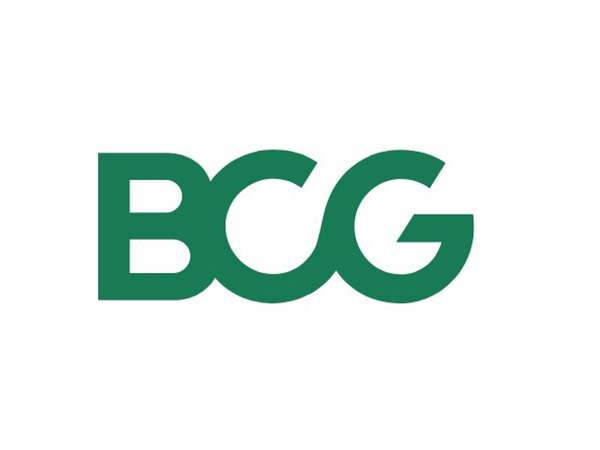BCG Report Urges Indian Insurers to Embrace Core Transformation Using AI and Cloud Tech
Indian insurers face a pivotal moment as BCG India's report stresses the need for core platform modernization using emerging technologies like AI and cloud computing. Key recommendations include enhancing customer experiences, streamlining operations with automation, and transitioning to microservices-based architectures.

- Country:
- India
Indian insurers are at a critical juncture as the wave of digitization from the past decade encounters rising demands for innovation, propelled by emerging technologies such as Artificial Intelligence (AI), Generative AI (GenAI), and cloud computing. A report by Boston Consulting Group (BCG) India titled "Winning with Core Transformation: Pathways to Enhanced Value and Efficiency," highlights this urgent need.
The report identifies legacy core systems as significant bottlenecks hindering the efforts of insurers to innovate and deliver new products in a fast-changing digital landscape. BCG emphasizes the importance of collaboration between business and technology teams within insurance firms to drive comprehensive, business-focused technology transformations crucial for future success. The analysis pinpoints three critical levers for unlocking value through core transformations.
BCG underscores the need for insurers to offer modular, pre-underwritten products enabling customers to tailor their coverage seamlessly. Emphasis is placed on leveraging automated decision-making processes to ensure smooth customer interactions, comprehensive communication, and customer-centricity. By replacing high-touch operations with automated models supported by AI, insurers can enhance self-service capabilities, efficiency, and customer experiences across multiple channels.
Transforming core systems allows insurers to increase market penetration through personalized offers, enhanced cross-selling and up-selling, and faster claims processing. Modern technology and reimagined processes can significantly impact business and provide a competitive edge. The report by BCG India outlines three pathways for core modernization, each tailored to specific business contexts and technological foundations.
One approach involves building a microservices layer to abstract key functionalities from the legacy system, using the old system primarily for record-keeping. This method benefits incumbent life insurers or those with extensive long-term policy portfolios.
Another strategy suggests setting up a parallel core system to gradually transition products or business lines, allowing focus on high-value flows and managing a temporary multi-core environment during the shift.
For insurers with significant in-house technological expertise, a more radical approach is building their core systems. This enables unique product offerings and experiences while reducing operational costs over time.
The report outlines common success factors across all pathways, including adopting microservices-based architectures and investing in robust ecosystems combining in-house and partner-led solutions. Establishing a robust Control Tower that oversees the transformation, acting as an orchestrator across techno-functional areas, is crucial for full value capture.
Swayamjit Mishra, Managing Director & Partner, Leads Technology in Insurance for BCG India, stated, "The obvious and disruptive moves by insurers have been made. Now, winners will take the bold step of attacking the core. The aim is not just re-platforming but creating value and delivering exceptional products, processes, and experiences."
(With inputs from agencies.)
ALSO READ
Jack Smith Files New Indictment Against Donald Trump After Supreme Court Immunity Ruling
Spain-Mauritania Pact to Curb Migration to Canary Islands
Top Chilean Lawyer Detained as Massive Corruption Scandal Unfolds
The Dartmouth Conference: Birthplace of AI Revolution and Its Complex Legacy
Biden's Temporary Pier for Gaza Aid Faces Setbacks










